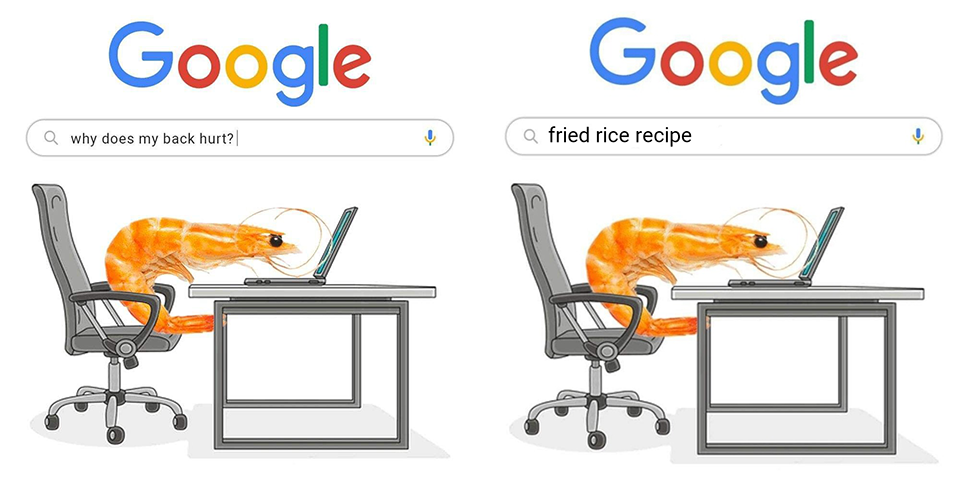Issue 31: Which writing class is right for me?
I didn’t study creative writing in college apart from a few introductory courses. But since graduating, I’ve found writing classes to be a great way to learn new things, improve my creative practice, and connect with other writers. A friend/subscriber recently asked me about my experience with writing classes and how to find ones that can “inject new energy” into her own writing practice.
Here are some questions you might consider when looking for writing programs, workshops, or classes:
What are you looking to get out of it?
Think about what would benefit you most at this stage in your writing career. Are you interested in fiction or nonfiction? A specific genre? Are you interested in craft, the writing process, or broader publishing topics? Would a class that’s more generative be helpful or do you have a specific project in mind that you’re already working on? Are you ready to commit to an ongoing class with weekly readings and critiques or does a one-off workshop better fit your schedule? How important is developing a writing community?
Due to my day job, I’ve only taken one-off classes. The longest ones I’ve done have been two full days on the weekends. Though I’ve mainly focused on fiction, I’ve taken an open genre ideas workshop with Jade Chang and Ann Friedman and a food writing class with Ligaya Mishan. Within fiction, I’ve also taken more specific classes focused on YA and coming-of-age stories.
I’ve found it easier to meet fellow writers with in-person classes, though instructors will often share everyone’s contact information if folks are comfortable doing so. Sometimes all you need is the introduction—self-organizing goes a long way!
Whose writing inspires you?
The best people to learn from are those whose writing you admire. All the classes I’ve taken have been with authors I love, like Fatima Farheen Mirza and Jenny Zhang. Not only is it useful to learn about their techniques and hear how they approach writing, but they also have great reading lists and recommendations for related material.
Subscribe to either writing organizations’ or authors’ newsletters so you can get timely information about upcoming programs. Writing classes, particularly smaller ones, tend to fill up fast. I’ve found it most helpful to subscribe to individual authors’ newsletters (if they have them) since they may not have a regular teaching schedule or may self-organize their own classes.
What is the cost?
Many classes, especially ones that run for weeks or months at a time, are paid and can get pretty pricey. Some organizations may offer scholarships, discount codes, or early bird pricing. If your company offers a professional development budget, it’s a great way to subsidize your classes. There are also more and more free or low cost classes like those offered by Meredith Talusan and Electric Literature which aim to make writing/publishing more accessible.
Consider this an investment—but be honest with yourself about what you need. I’m wary of enrolling in too many classes as a way of feeling like I’m writing without actually writing! They’re great, but they’re not a substitute for doing the work.
Recommendations
I’ve taken (paid) classes with Catapult, The Center for Fiction, and Kundiman. I’m also a member of The Resort which hosts excellent classes—the membership also includes access to a great writing community and facilitated writing sessions. I’ve done free classes with the Asian American Writers Workshop and A Public Space. I’ve also heard good things about GrubStreet and Sackett Street Writers. This list is New York-centric since I’m based here, but almost all of these places now offer online classes.
If you have recommendations for other classes, hit reply and I’ll round them up in a future newsletter!

![A Tumblr post with the following text: "my friend: shows me some of their art. me, trembling: [key smash] I Love You"](https://nicoledonut.com/content/images/2021/07/Screen-Shot-2021-03-09-at-10.02.15-PM.png)
Creative resources
- Sign up for Jami Attenberg’s mini #1000wordsofsummer which will run from August 8-13.
- The Atlantic conducted a study of literary TV adaptations and how that affects novel writing and the publishing industry.
- A Twitter thread of book writing advice, including book recommendations and writing process suggestions.
- Ayden LeRoux on why the acknowledgements are her favorite part of a book: "Acknowledgments are a commentary about how the work is made, a small resistance to the capitalist illusion that this is just a product you bought, a reminder that the work still exists outside the market, that the making itself matters."
- A deep dive into the history of book lengths, how they’re priced, and the economic pressures that impact publishing and prestige.
Recent reads & other media
I’ve been busy with moving (!!) so I haven’t been reading as much. I started Jonny Sun’s new book, Goodbye, Again, which is a great collection of essays and other short writings perfect for my current attention span. I watched the second season of Never Have I Ever and the last season of Shrill. E and I are continuing to watch Avatar: The Last Airbender. (He got me the entire series on Blu-ray for my birthday—the additional gift is that I get to watch him watch it for the first time.)
Note: Book links are connected to my Bookshop affiliate page. If you purchase a book from there, you'll be supporting my work and local independent bookstores!
~ meme myself and i ~
Amazing commentator for Olympic archery. Why is ketchup wearing a trench coat? Teen drama that uses feminist buzzwords (ahem Veronica Lodge). Here comes the boy! When an upcoming meeting triggers Waiting Mode. The Kidz Bop version of “Kiss Me More.”

